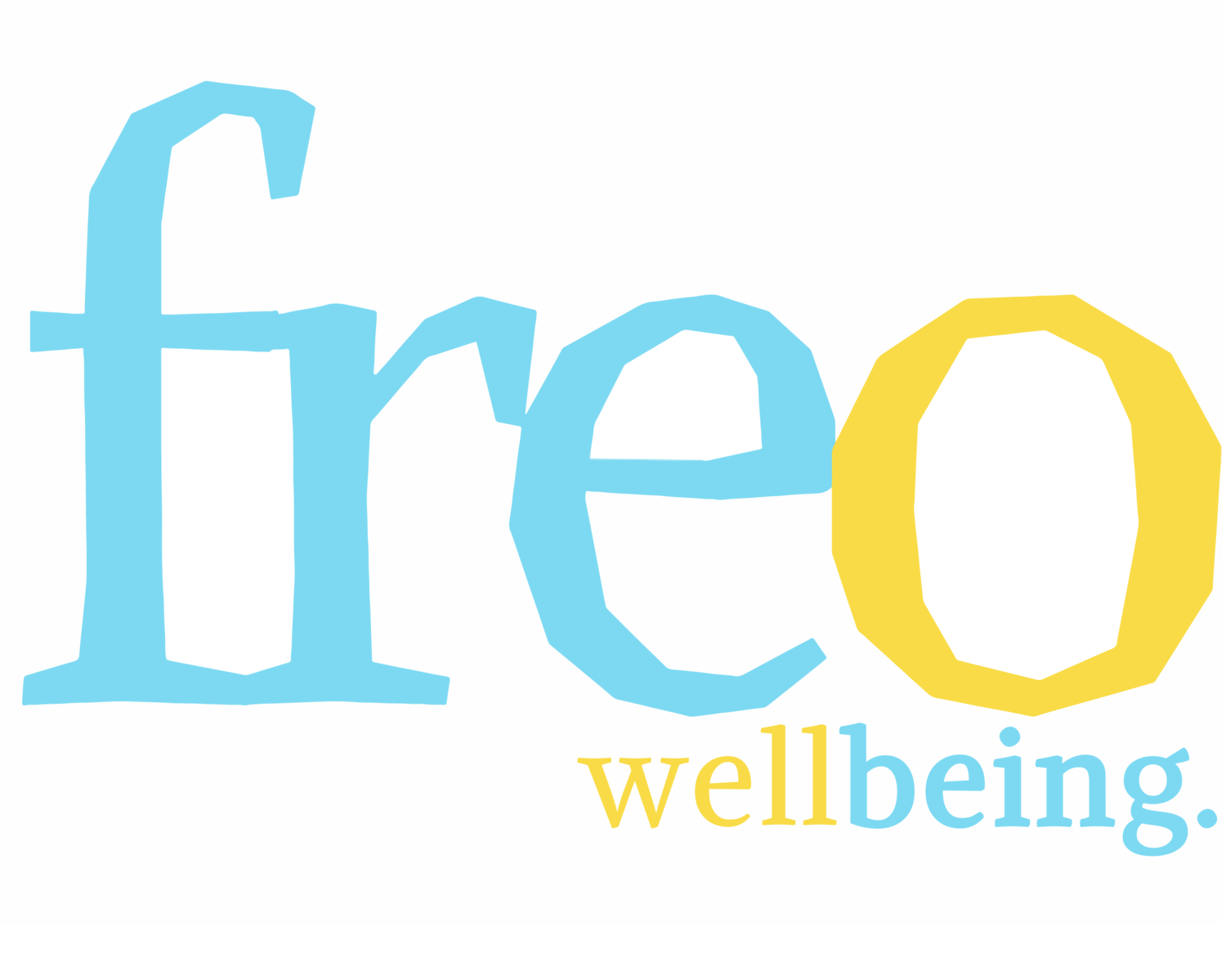When it’s time to say “No”
As humans, we are social beings, and our desire to help and connect with others is natural. Agreeing to requests from friends, family, and colleagues is a common way of showing support and building relationships.
But lets face it. We've all been there. Your friend wants to borrow money again, your boss asks you to work overtime for the third time this week, and your neighbour asks you to watch their pet fish while they're out of town. It can be tough to say "no" to people. But here's the thing - It’s actually really important for your mental health!
Agreeing things too often can eventually have serious consequences, especially when it comes to your mental health.
We can easily become overwhelmed and overcommitted, which can lead to stress, burnout, and other mental health issues. By setting boundaries and saying "no" when necessary, we can protect our time, energy, and resources, and ensure that we're able to take care of ourselves.
Giving yourself no break could lead to the following:
When we agree to things that we don't really want to do, we're essentially pretending to be someone we're not.
Stress and Anxiety: You may find yourself feeling overwhelmed and stressed out. You may feel like you have too many responsibilities or too much on your plate.
Poor self-esteem: When you don't set boundaries, you may feel like you're not valued or that your needs don't matter. This can lead to a decrease in self-esteem and self-worth.
Burnout: When you're constantly putting others' needs before your own and neglecting self-care, you may experience burnout. This can manifest as physical and emotional exhaustion, decreased motivation, and a sense of hopelessness.
Resentment: You may build up resentment towards friends/colleagues who always rely on you or expect you to say yes/agree.
Relationship problems: Without clear boundaries, relationships can become strained or toxic. You may find yourself in relationships with people who take advantage of you or don't respect your needs.
Enabling abusive behaviour: In more serious situations, abusers often use psychological and guilt-tripping tactics to get you to do what they want, and saying "yes" can reinforce their belief that they can control and manipulate you. At that point, please seek support or help from authorities, professionals and even friends and family if you believe you are forced to doing things you don’t want to do.
Be kind to yourself
Being aware of our energy levels is a crucial part of achieving balance. We all have different levels of energy and different ways of recharging, whether it's through socialising, exercising, or taking some quiet time alone.
This allows us to agree to things when we genuinely want to support others. Being able to offer our time and energy to someone in need can be a fulfilling experience that strengthens our relationships and gives us a sense of purpose.
Why is it so hard to say “No”?
Here are some reasons why:
Fear of rejection - Having low self-esteem is often a result of harbouring deep-rooted fears of rejection. You may feel you have to say say "yes", lest others get upset and reject you. This fear can be paralyzing and make it difficult to set boundaries when it’s needed.
Need for validation - You may seek validation from others by doing tasks that benefit them more than yourself to feel accepted or worry about having negative perceptions. This need for validation can make it difficult to assert boundaries or stand up for one’s self.
High expectations - You may feel guilty for ‘rejecting’ someone and disappointing others who expect a lot from you. This can make it difficult to prioritise your own needs. You may place high expectation on yourself without even realising it!
It can be uncomfortable, awkward, and even scary at times. But trust me, it’s an important life skill we all need!
In time and practise, being honest with our needs and limitations, things can become easier and more empowering.
It's not selfish or rude - it's an act of self-care and a crucial component of maintaining good mental health. And who knows - saying "no" might just open up new opportunities and experiences that are even better suited to your needs and desires!




